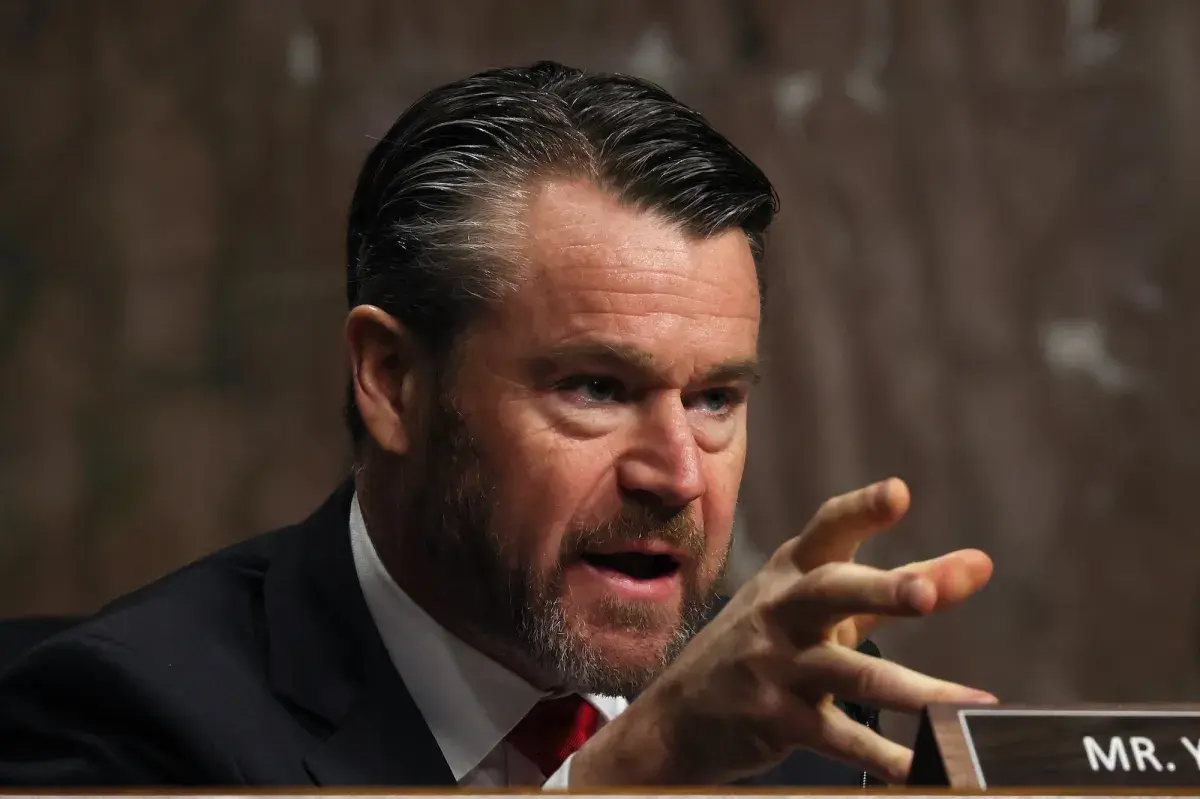Copyright Newsweek

Picture a world where most life-saving medicines are discovered not in the United States, but in Beijing and Shanghai. Imagine a time when the most advanced biotechnologies—therapies that cure cancer and Alzheimer's, protect us from pandemics and fuel our economy—are controlled not by America, but by our chief global adversary. That is the future we risk drifting into soon if we do not act now to secure and advance American dominance in biotechnology. Today, America still leads the world in biotechnology. But China is fast closing the gap and is close to overtaking us. Chinese dominance in biotechnology would have dire, even existential, consequences for our economy and our national security. It would leave Americans dependent on an authoritarian rival for critical medicines, giving China and its allies tremendous global influence. This is no ordinary competition. The biotech race is the defining technological contest of the 21st century—just as the Space Race defined the 20th. But this time, there may be no dramatic "Sputnik moment" to jolt us into action. And in a century defined by constantly evolving technology, if we lose our lead, we may never get it back. As the National Security Commission on Emerging Biotechnology, which Senator Young chairs, warned earlier this year, if China overtakes us, "no matter how fast we run, we will never catch up." The choice before us is stark. Either we act with urgency and vision, or we resign ourselves to losing the industry that will define this century. For more than a decade, Beijing has poured enormous resources into biotech research and development in a deliberate bid for global dominance. That bet is paying off. Between 2016 and today, the number of Chinese biotech firms has gone from about 100 to over 3,000. The value of Chinese biotech firms has grown more than a hundredfold during this period. Chinese firms now launch more than a quarter of global clinical trials, up from just 3 percent in 2013. China's share of the global pharmaceutical pipeline has grown tenfold in the same period, while America's has declined. Beijing already leads in some research fields, such as synthetic biology and biomanufacturing. China's rise puts the United States in a perilous position because our biotech sector isn't just another industry. It's a national strategic asset. Advances in biotech help keep America healthy by preventing, treating and curing disease. Biotech safeguards our national security by bolstering agriculture and energy production and protecting us from pandemics and bioterrorism. U.S. biotech exports help project American influence around the globe. Biotechnology is also a vital engine of economic prosperity, generating almost 7 percent of U.S. private-sector GDP and supporting roughly 10 million jobs across all 50 states. The good news is that we still have the tools to win the biotech race. There's a reason the biotech revolution began here nearly 50 years ago. America has world-class research institutions, strong intellectual property protections, unparalleled capital markets and a culture of entrepreneurship that no competitor can replicate. We have delivered breakthroughs that have raised life expectancy, transformed once-fatal diagnoses like cystic fibrosis and are at the vanguard of breakthroughs like gene editing. But if we want to stay in front, we need a national effort equal to the stakes. That starts with leadership from our policymakers. They must protect the foundation of all progress: federal support for basic research. Nearly every breakthrough drug developed by the private sector rests, in some way, on discoveries first seeded by publicly funded research. Cut that lifeline and our leadership collapses. The National Security Commission on Emerging Biotechnology recently outlined additional policy solutions: elevate biotechnology as a national priority with White House-level coordination, integrate it into defense planning and treat biological data as a strategic resource. We must also build a skilled biotech workforce and partner with allies to strengthen supply chains and fund collaborative R&D. Policymakers also need to cut red tape, unleashing the private sector and the entrepreneurial spirit that have been the bedrocks of our biotech industry. Today, American biotech innovators are constrained by a sometimes inconsistent and unpredictable regulatory system, and legislative and executive branch proposals that deter risk-taking and slow drug development. For example, any attempts to weaken patent protections would make it far harder to attract the multi-billion-dollar investments required to bring new therapies to patients. U.S. firms are already vulnerable to Chinese intellectual property theft. We stand at a crossroads. America can either cede the future of biotechnology to our adversaries or summon the vision and resolve to lead it. The choice we make now will shape the health and prosperity of our people, the strength of our economy and the security of our nation for generations to come. Indeed, the entire world is a better, safer, healthier and more prosperous place when the United States leads in biotechnology. Sen. Todd Young (R-Ind.) is chair of the National Security Commission on Emerging Biotechnology (NSCEB). John F. Crowley is the President and CEO of the Biotechnology Innovation Organization (BIO). The views expressed in this article are the writers' own.



